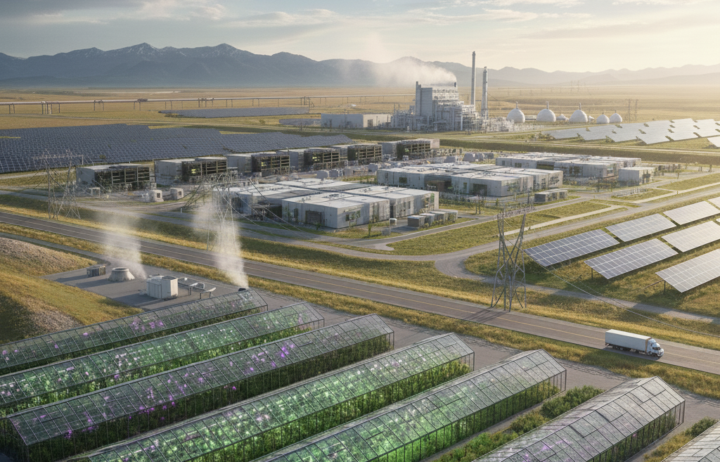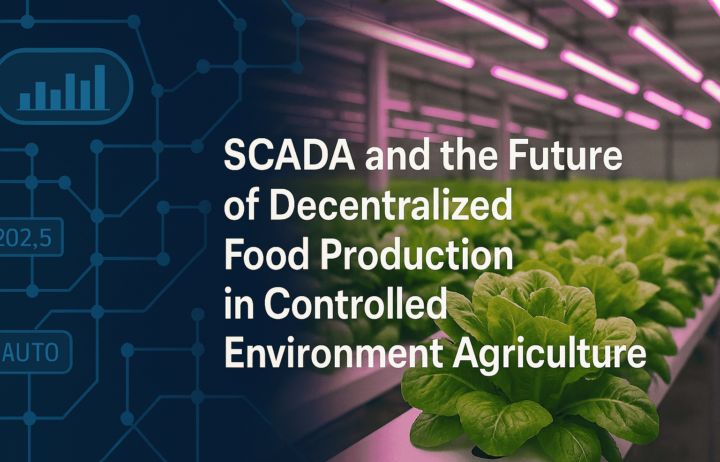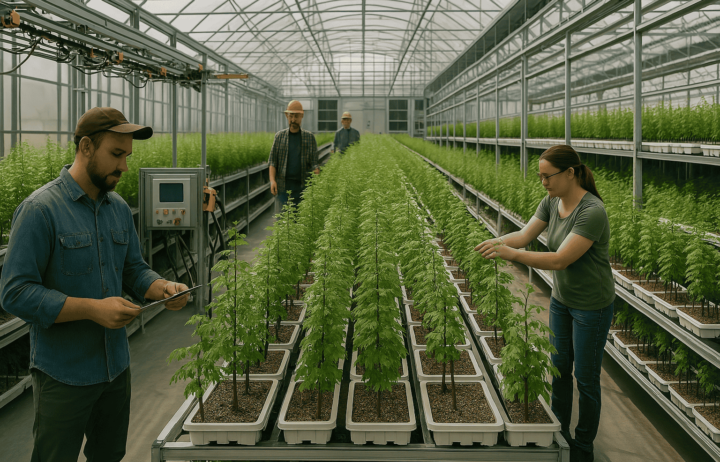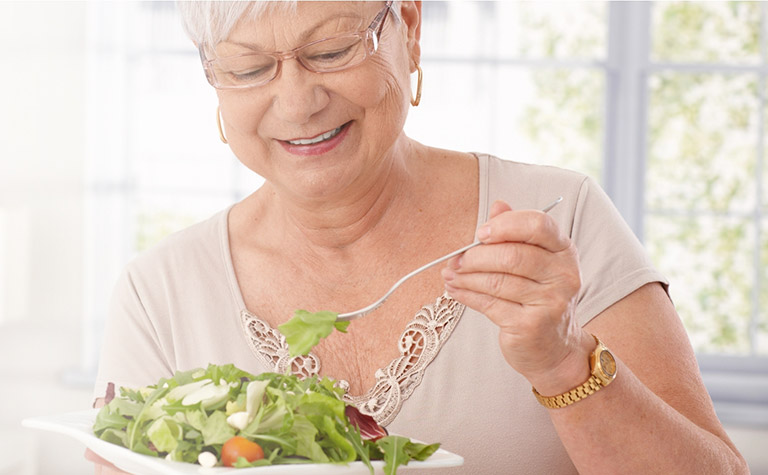
Cultivating Health and Savings: Indoor Farming for Senior Care Centers
In recent years, indoor farming for senior care centers have been used as a new, innovative way to improve the well-being of their residents. These indoor farms are not only changing the landscape of senior care but also have the potential to significantly enhance the physical and mental health of residents while simultaneously lowering food costs to kitchen operations.
Cultivating Health and Wellness
- Senior Care Center – Indoor farms enable the senior care center to produce fresh, organic vegetables and herbs right on the premises. Residents can enjoy nutrient-rich produce harvested at the peak of freshness, contributing to a healthier diet.
- Indoor Farming for Seniors – Gardening, even on a small scale, provides seniors with a purposeful and enjoyable physical activity. It encourages mobility, muscle strength, and improved coordination, which can be vital for their well-being.
- Sustainable Senior Living – Gardening has therapeutic benefits, reducing stress and promoting relaxation. It can also serve as a social activity, helping residents connect with one another and build a sense of community.
- Social Interaction for Seniors – Caring for indoor plants fosters cognitive stimulation and sensory engagement. It can help residents retain mental acuity, ward off depression, and provide a sense of accomplishment.
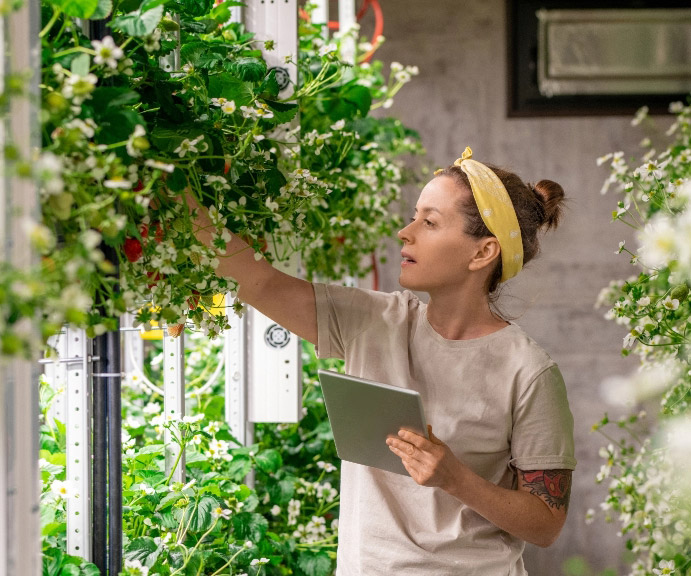
Economical and Environmental Benefits
- Fresh Produce for Senior Centers – By growing their own produce, senior care centers can significantly cut down on food expenses. Fresh, on-site harvests can supplement meals, reducing the need for expensive, commercially sourced ingredients.
- Lowering Environmental Costs in Senior Care – Indoor farms require minimal water, no pesticides, and less land, making them a sustainable option. They also produce zero food miles, reducing the carbon footprint and promoting eco-friendliness.
- Nutrient-rich Senior Meals – Freshly harvested ingredients result in tastier, more flavorful meals. This can enhance resident satisfaction and improve overall dining experiences.
- Cost-Effective Senior Care – Indoor farms offer learning experiences for both residents and staff. They can become the center of horticultural and culinary education programs, further enriching the lives of seniors.
Overcoming Common Concerns
It’s natural for senior care center owners to have concerns about incorporating indoor farms, such as space constraints, maintenance, and cost. However, these challenges can be addressed effectively:
- Indoor Farming Solutions – Space optimization techniques such as vertical farming and compact systems can maximize space utilization, ensuring that the farm doesn’t encroach on communal areas.
- Eco-Friendly Senior Care – Modern hydroponic and automated systems require minimal maintenance. Many can be monitored and controlled remotely, making them user-friendly for staff.
- Cost-Effective Senior Care – While initial setup costs exist, the long-term savings on food expenses can more than compensate for the investment.
A Win-Win Solution
Incorporating small-scale indoor farms in senior care centers is a win-win solution. It promotes the physical and mental health of residents while reducing food costs and promoting sustainability. Additionally, it’s a compelling marketing point that can attract residents and their families looking for a progressive and health-conscious senior care community.
Investing in indoor farms is an investment in the well-being and future of senior care centers. It not only ensures better lives for residents but also contributes to a greener, more sustainable future. So, if you’re an owner of a senior care center, consider the incredible benefits of going green with indoor farming, and take a step towards cultivating a brighter future for your residents and your business.






